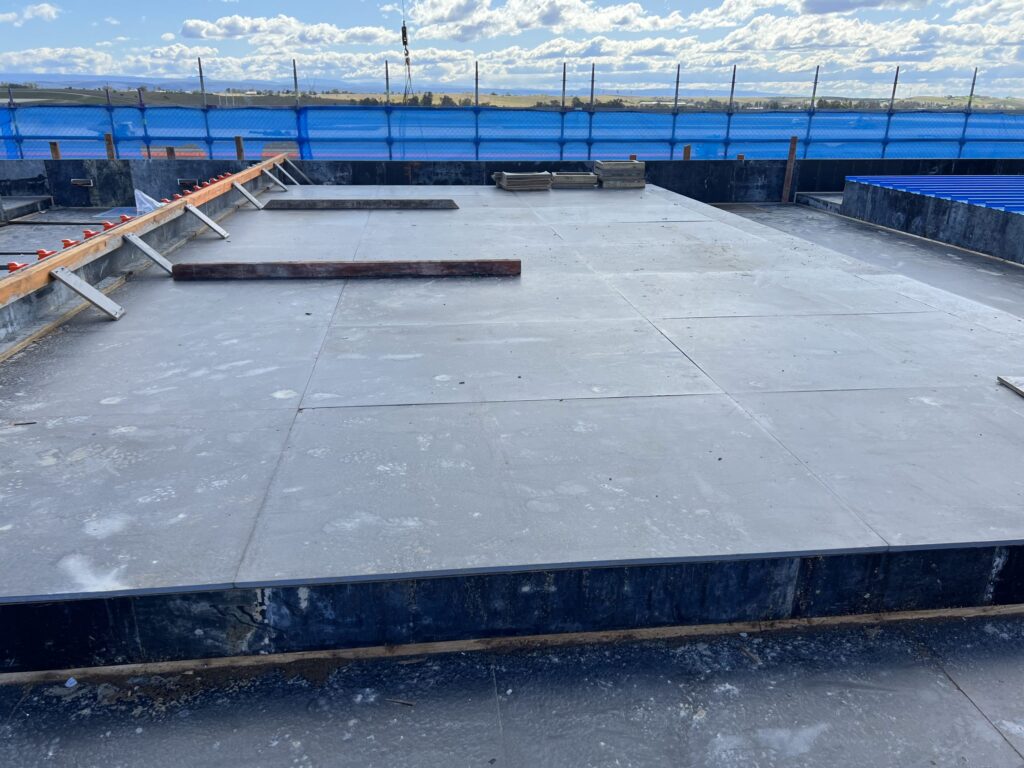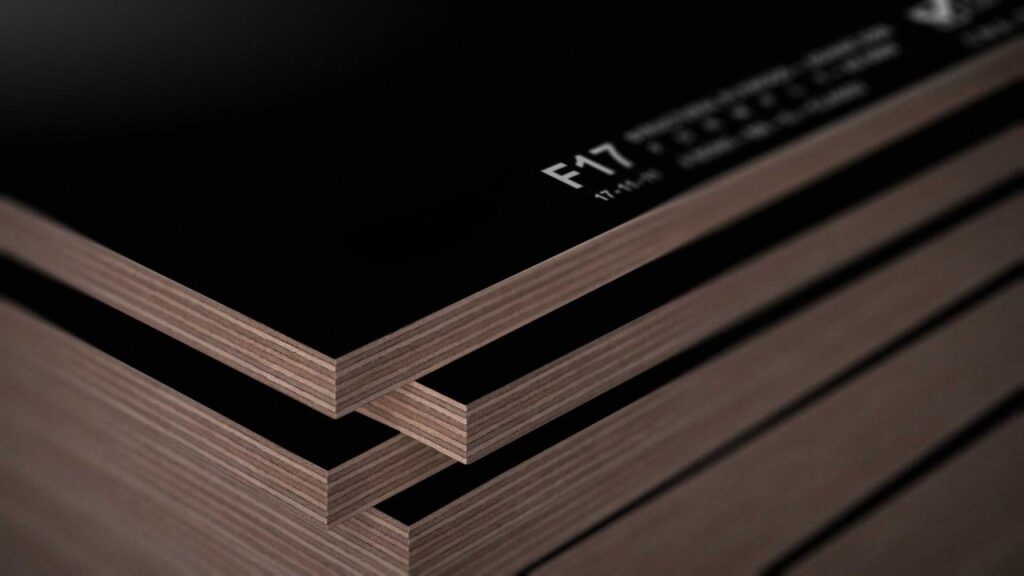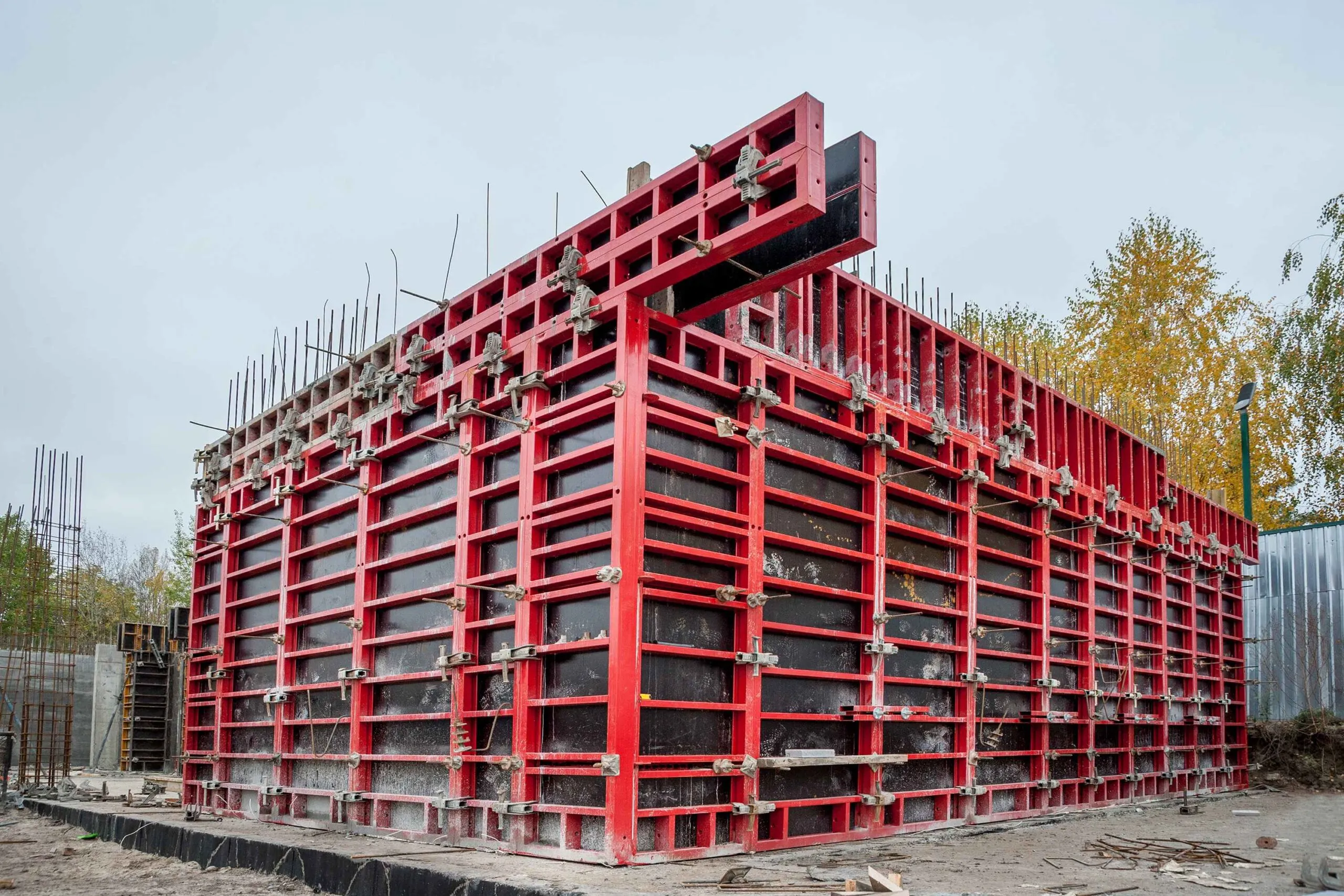In the construction industry, the choice of materials significantly impacts the efficiency, quality, and cost-effectiveness of projects. Among these materials, plywood plays a crucial role, especially in formwork applications. F17 grade plywood emerges as a top contender for its unique properties and reliability. This article delves into the specifics of F17 grade plywood, focusing on its composition, features, advantages, and much more.
Understanding the Basics of F17 Grade Plywood
F17 grade plywood is primarily recognized for its structural integrity, making it suitable for various construction purposes. It usually consists of multiple thin layers of wood veneer bonded together with adhesives, providing a composite material that is strong and lightweight. This plywood is designated as F17 due to its substantial bending strength, rated to withstand significant loads.
Furthermore, F17 grade plywood is engineered to offer versatility across numerous applications. While it’s often used in formwork, its robust nature also allows it to be used in furniture manufacturing, flooring, and other demanding scenarios. Understanding these basics sets the stage for recognizing why F17 grade plywood is indispensable in construction. Its ability to combine strength with a relatively low weight makes it a preferred choice for builders who seek efficiency without compromising on quality.
The Composition of F17 Grade Plywood
The construction of F17 grade plywood involves several layers of wood veneers arranged in opposing directions. This cross-laminated structure not only enhances the strength and stability of the plywood but also minimizes warping and splitting. Typically, hardwoods like birch or eucalyptus are used, which contribute to the plywood’s overall resilience. The selection of these high-quality woods is crucial, as it directly impacts the performance and longevity of the plywood in various environments.
Additionally, the adhesives used in bonding the layers meet high-performance standards, ensuring that the plywood can endure exposure to moisture and heavy loads. This composite nature is what differentiates F17 grade plywood from other grades, establishing its preference in construction settings. The manufacturing process also often includes treatments that enhance the plywood’s resistance to pests and fungal growth, further extending its usability in outdoor applications or in areas prone to humidity.

Key Features of F17 Grade Plywood
F17 grade plywood boasts several defining features that make it ideal for formwork applications. To summarize, these include:
- High Structural Strength: Rated for significant load-bearing capabilities.
- Moisture Resistance: Engineered to withstand damp environments.
- Dimensional Stability: Reduced likelihood of warping or twisting during use.
- Durability: Capable of withstanding the rigors of construction tasks.
These features collectively enhance the usability and lifespan of F17 grade plywood in various applications, especially in formwork, where reliability is paramount. Moreover, the plywood’s surface can be finished or treated to achieve desired aesthetic qualities, making it not only functional but also visually appealing for use in exposed areas. This adaptability means that F17 grade plywood can be an excellent choice for both structural and decorative elements in a project, allowing architects and builders to maintain a cohesive design while ensuring structural integrity.
The Role of Plywood in Formwork
Plywood fundamentally serves as a critical material in formwork for constructing concrete structures. Formwork refers to the temporary structures used to support the weight of poured concrete until it sets and gains sufficient strength. In this context, plywood offers both strength and ease of handling, making it a preferred choice among contractors and builders.
Defining Formwork in Construction
Formwork is defined as the molds that shape wet concrete into the desired structure. It plays a vital role in ensuring the accuracy of dimensions, smooth surfaces, and overall structural integrity of the final product. Using quality materials like F17 grade plywood helps maintain these standards throughout the construction process.
The importance of formwork cannot be overstated; incorrect or low-quality formwork can lead to significant issues like misalignment, cracks, or other structural failures. Thus, choosing the right material for formwork is essential for delivering high-quality construction projects. Furthermore, the design and execution of formwork can greatly influence the timeline of a construction project. Efficient formwork systems can expedite the pouring and setting processes, allowing for faster project completion and reduced labor costs.
Why Plywood is Essential in Formwork
Plywood, particularly F17 grade, is essential in formwork for numerous reasons. Its strength allows it to support heavy loads of fresh concrete without deformation. Moreover, its flexibility enables it to be cut and molded into various shapes, essential for creating complex designs in modern construction.
Additionally, plywood has a smooth surface that contributes to the aesthetics of the final concrete finish. This smooth finish not only enhances appearance but also reduces the need for extensive finishing work, saving time and resources. Thus, plywood’s role in formwork is multifaceted and critical to construction efficiency. Beyond its physical properties, plywood is also valued for its sustainability; many manufacturers source wood from responsibly managed forests, making it an environmentally friendly option. This aspect is increasingly important in today’s construction industry, where there is a growing emphasis on sustainable building practices and reducing the carbon footprint of construction materials. Find more about sustainable at https://www.plymouth.ac.uk/students-and-family/sustainability/sustainability-education/esd
The Advantages of Using F17 Grade Plywood in Formwork
Utilizing F17 grade plywood in formwork presents several advantages that make it stand out from other materials. From durability and strength to cost-effectiveness, this plywood type offers unparalleled benefits to contractors and builders alike.
Durability and Strength of F17 Plywood
One of the primary advantages of F17 grade plywood is its extraordinary durability. Designed to endure the demanding conditions of construction sites, it resists moisture damage and physical stress, thereby proving itself to be a long-lasting investment. It can withstand repeated use over multiple projects, making it a cost-effective solution in the long run.
Furthermore, its strength allows it to support substantial weights without the risk of breaking or deforming. This characteristic is crucial when forming concrete structures that require a strong foundation, ensuring that the forms will not collapse under pressure. The plywood is engineered to maintain its structural integrity even when exposed to harsh weather conditions, making it a reliable choice for both indoor and outdoor applications. This resilience not only contributes to the safety of construction workers but also enhances the overall quality of the finished project.
Cost-Effectiveness of F17 Plywood
While there may be a higher initial cost associated with F17 grade plywood compared to lower grades, its long-term cost-effectiveness makes it a wise choice for builders. The durability and reusability of F17 plywood reduce the need for frequent replacements, leading to significant savings on material costs.
Additionally, projects using F17 grade plywood often experience fewer delays and setbacks due to its reliable performance. This reliability reduces labor costs and helps projects stay on schedule—a crucial aspect of successful construction management. Moreover, the ease of handling and installation of F17 plywood further streamlines the construction process, allowing workers to complete tasks more efficiently. Its lightweight nature, combined with its robust properties, ensures that contractors can transport and set up the plywood with minimal effort, ultimately contributing to a smoother workflow on-site. The ability to quickly adapt to various project requirements makes F17 plywood an indispensable asset in modern construction practices.
Comparing F17 Grade Plywood with Other Plywood Grades
When considering plywood for construction, it’s essential to compare the various grades available to determine the best fit for your project. F17 grade plywood holds distinct advantages over both lower and higher grades.
F17 Plywood vs. Lower Grade Plywood
Lower grade plywood may seem like a more budget-friendly option at first glance, but it often falls short in performance. Inferior strength and durability mean that builders may face higher costs over time due to increased repairs and replacements.
Moreover, the quality of finish with lower grades is not always consistent, potentially leading to complications in achieving smooth concrete surfaces. In contrast, F17 grade plywood ensures a superior outcome due to its engineering and material quality, making it a more reliable investment. Additionally, lower grade plywood can be prone to warping and delamination, especially in humid conditions, which can compromise the integrity of the entire structure. This risk is significantly mitigated with F17 plywood, which is designed to withstand environmental stresses, ensuring longevity and stability in various applications.
F17 Plywood vs. Higher Grade Plywood
While higher grade plywood might offer some advantages, its excessive cost can be a deterrent for many projects. F17 grade plywood strikes a balance between quality and affordability, providing excellent performance without the premium price tag associated with higher grades.
In terms of performance, F17 grade plywood is often more than sufficient for most construction needs, proving that investing in quality doesn’t always mean opting for the most expensive option. Furthermore, F17 plywood is engineered to provide enhanced load-bearing capabilities, making it suitable for a wide range of applications, from flooring to wall sheathing. Its versatility allows builders to utilize it across different projects, reducing the need for multiple types of plywood and streamlining the procurement process. This adaptability not only saves time but also contributes to a more efficient use of resources, making F17 plywood a smart choice for both small and large-scale construction endeavors. Click here to find more about versatility.

How to Identify and Purchase Quality F17 Grade Plywood
Understanding how to identify and purchase quality F17 grade plywood is crucial for ensuring that your projects benefit from its exceptional properties. Knowing the right indicators can save you time and money.
Recognizing Genuine F17 Grade Plywood
To identify genuine F17 grade plywood, look for specific markings and certifications from recognized standards organizations. These indicators assure you that the plywood has been tested for its load-bearing abilities and has met safety standards.
Additionally, examining the surface quality is vital. The plywood should have smooth, even surfaces with no visible flaws such as knots or delamination. Ensuring that the plywood is made from high-quality veneers and adhesives is also critical for performance and longevity.
Tips for Purchasing F17 Grade Plywood
When purchasing F17 grade plywood, consider the following tips to ensure a satisfactory selection:
- Buy from Reputable Suppliers: Ensure your supplier specializes in construction materials and offers transparency regarding product specifications.
- Check Certifications: Look for plywood graded by recognized institutions to guarantee compliance with industry standards.
- Compare Prices: While cost shouldn’t be the sole factor, comparing prices can provide insights into market norms and help you find fair deals.
- Inspect Before Purchase: If possible, inspect the plywood sheets for visible signs of quality and adherence to the expected standards.
By following these guidelines, you can confidently purchase F17 grade plywood that meets your project requirements, ensuring a successful construction outcome.
In conclusion, F17 grade plywood is undoubtedly the preferred choice for formwork in construction. Its remarkable durability, strength, and cost-effectiveness set a high standard that other materials find hard to match. Whether leading with high quality, versatility, or overall performance, F17 grade plywood proves time and time again to be an invaluable asset in the construction industry.
Read about f14 grade and f17 grade at: F14 Plywood vs. F17 Plywood Which One Suits Your Project?

